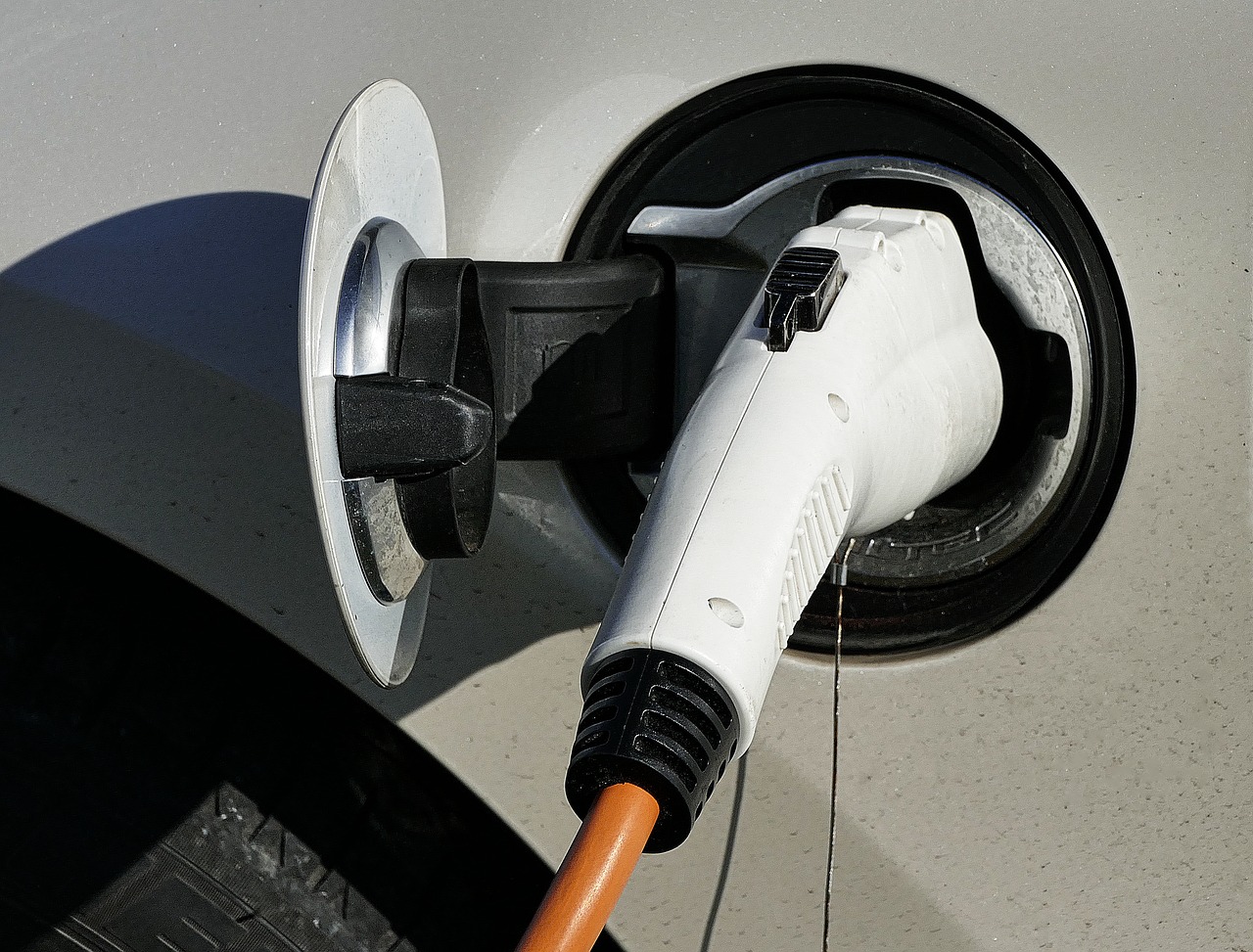U.S. Energy Department Awards $521 Million in Grants to Expand EV Charging Network

The U.S. Energy Department has awarded $521 million in grants to expand the network of electric vehicle charging and alternative fueling infrastructure. The grants, funded through the 2021 Infrastructure, Investment and Jobs Act, or IIJA, are expected to support the deployment of over 9,200 EV charging ports.
The selected projects will aim to improve reliability and accessibility of electric vehicles across the country, with particular focus on underserved areas and communities. The grants will finance EV projects in 29 states, two tribal communities, and the District of Columbia. Of this investment, $321 million will be allocated to 41 community projects that expand EV charging infrastructure nationwide, while $200 million will be directed to 10 corridor fast-charging projects to develop the national charging and alternative-fueling network along designated Alternative Fuel Corridors.
The city of Milwaukee secured nearly $15 million to establish 53 EV charging stations. These sites will cover low and moderate income regions, and near accommodation units housing multiple families.
North Dakota’s Sioux Reservation also won nearly $3.9 million to install EV charging stations in eight sites, which is administered by The Standing Rock Renewable Energy Power Authority.
Along with the Sioux Reservation, The Fort Independence Indian Community also secured $15 million to construct an EV charging hub. The hub will cater to drivers along the U.S. Route 395 Alternative Fuel Corridor, and will be powered using a solar micro-grid with combined heat and power generation and battery backup.
Atlanta airport will use the $11.8 million secured to construct a DC Fast Charging Hub with 50 fast chargers. The charging hub would benefit ride-share companies, rental cars, airport shuttles for hotels, and airport staff.
The funding is allocated through two programs under the IIJA: the $2.5-billion Charging and Fueling Infrastructure Discretionary Grant Program and National Electric Vehicle Infrastructure Formula Program.
Since 2020, the number of publicly available charging ports has grown to 192,000 with an addition of around 1,000 new chargers per week. This expansion is in line with the National Zero-Emission Freight Corridor Strategy which seeks to decarbonize freight transportation by developing EV charging infrastructure for trucks along key freight routes.
EnerKnol Pulses like this one are powered by the EnerKnol Platform—the first comprehensive database for real-time energy policy tracking. Sign up for a free trial below for access to key regulatory data and deep industry insights across the energy spectrum.
ACCESS FREE TRIAL